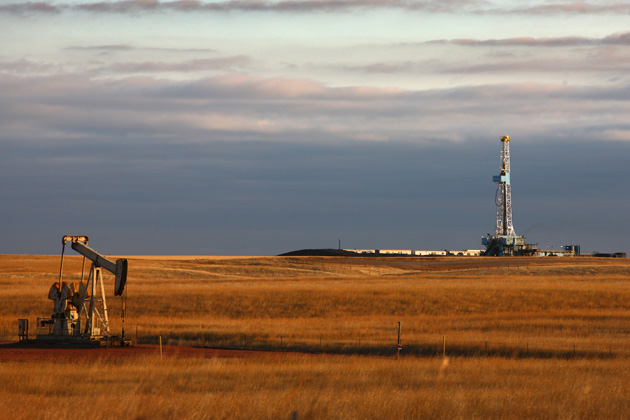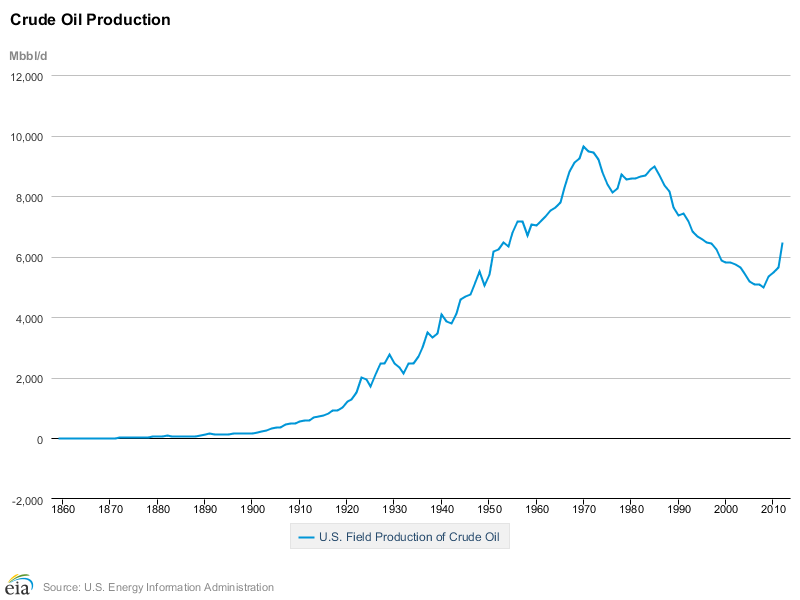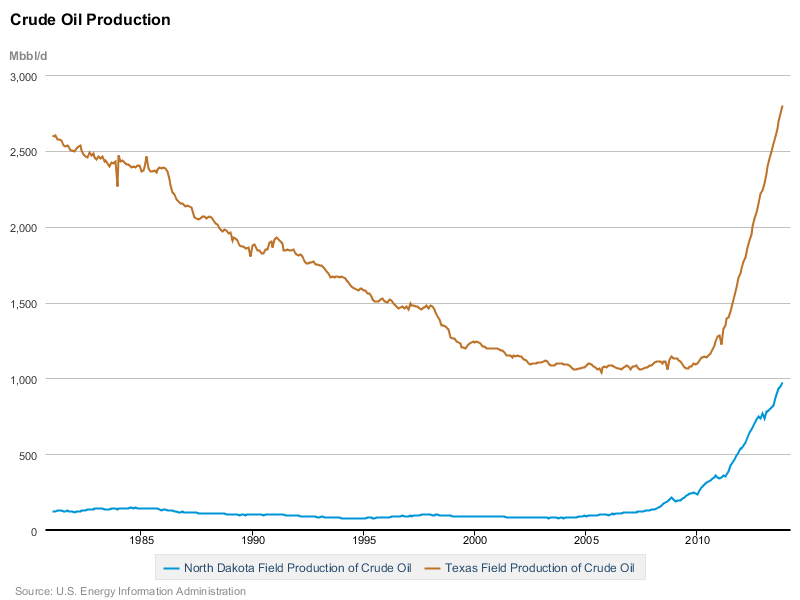A Call for a Consumption Based Pollution Levy: Pollution from Chinese Export Manufactures Drift to US West Coast

Pictured here is a NASA image of smog in China. Nearly all the gray is smog. This is a result of the rise of manufacturing, and rapid production of low-quality power plants
Guys, no science in this one. Also, stay tuned for a better treatment of this topic from Archana Dayalu over at Policylab. I originally wrote this for policylab, but it turns out Archana had the same idea earlier. Hence you'll notice a completely different writing voice (it's not the fun one I use in my blog).
As I wrote in the past, outsourcing of manufacturing jobs allows the US to push all the pollution in manufacturing into other countries while enjoying lower prices of goods manufactured by cheap labor. Thanks to Kate Wang for bringing a recent NYT article to me attention.
An early edition report from the Proceedings of the National Academy of Sciences (PNAS) shows that a significant amount of pollution drifts from China to the west coast of the United States. The authors argue for a changing of attribution of the associated pollutants to the consuming countries, rather than China, the producing country. The authors gloss over any potential impacts this would have on world trade. Lead author Jintai Lin writes:
Atmospheric modeling shows that transport of the export-related Chinese pollution contributed 3–10% of annual mean surface sulfate concentrations and 0.5–1.5% of ozone over the western United States in 2006. This Chinese pollution also resulted in one extra day or more of noncompliance with the US ozone standard in 2006 over the Los Angeles area and many regions in the eastern United States. On a daily basis, the export-related Chinese pollution contributed, at a maximum, 12–24% of sulfate concentrations over the western United States.
In other words, goods manufactured in China and consumed by the United States directly cause pollution in the western United States. The upside is that the former heavy manufacturing centers in the Eastern United States have outsourced to China, cleaning up the air of the Eastern US. The article points out that, given the dense population of the east coast, this is a net win for the US, at slight expense of the west coast and great expense of pollutants in China.

Air pollution in Beijing. One picture taken on a clear day, another on a smoggy day. This is the capitol city of China. This is the ugly side of outsourcing.
It remains unclear what the author's ultimate goals are. There is no international accounting of pollution. Either the authors are greenwashing--the practice of trying to make manufacturing or other industry look environmentally more friendly through the process of bullshitting--or they are anticipating some accounting system, either internal to China or external, in the future.
The authors argue for a different method of accounting for pollution associated with manufactured goods. Currently, all pollution is attributed to the producer. Chinese factories build the goods, China gets assigned the pollution in international ledgers. Consumption based attribution, they argue, would make more sense. The goods are made for American (and otherwise) consumption, and the pollution should therefore be attributed to America.
Disregarding whether this is right to do, or whether it would accomplish anything more than green-washing China’s economy, let’s explore several of the implications of this policy change. Specifically in a hypothetical world that has to account for pollution contained within products, which, aside from green-washing, would be the major reason to worry about pollution attribution. Manufacturing of these export goods requires significant amount of energy. The sulphur and black carbon that reaches the west coast specifically come from coal-fired ower plants. China puts few controls on emissions from these power plants, and the required rate of construction results in power plants that are significantly less efficient than those in the US. This means that every bit of energy produced and used in China, for manufacturing or otherwise, contains more pollution than it would in the US or any other developed country. Moreover, Chinese manufacturing is less efficient than developed countries for a variety of reasons.
The end result is that a good manufactured in China embodies more pollution than the exact same good manufactured in the US, Japan, Korea, Europe, or any other advanced nation. If policies were put in place to move to a consumption-based attribution of pollution, and that attribution had real-world implications on the cost or value of a product, Chinese goods would face a competitive disadvantage. The implications are pretty straightforward: either China cleans up its manufacturing and energy sector, greatly benefitting China and slightly benefitting the rest of the world from a pollution standpoint, or goods are produced in countries where they can be made for less environmental cost, hurting China’s exports while healing its air quality and benefitting the rest of the world financially and environmentally.
While this attributing of pollution on the consumption side seems to mostly have net benefits, it only works if purchasers or producers are forced to pay for pollution they bring about. We are not currently in a world where either are held accountable for the pollution associated with manufacture of Chinese exports. In this, Jintai Lin’s suggestion seems only like greenwashing: an attempt of finger-pointing for the destruction of China’s air quality and environment.
Thanks for reading
- Jason Munster



